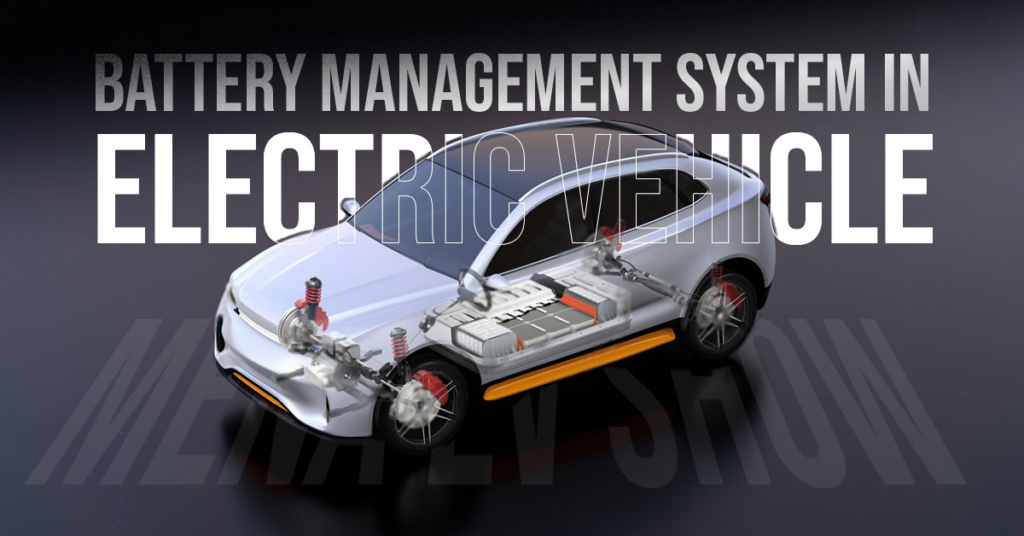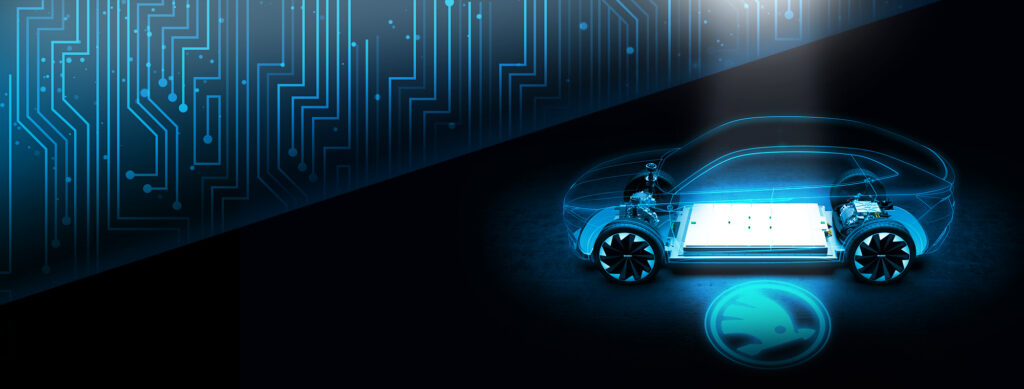As the automotive industry continues to evolve, electric cars have emerged as a promising alternative to traditional internal combustion vehicles. Beyond their eco-friendly credentials, electric cars boast distinct maintenance advantages.
In this comprehensive guide, we’ll explore 10 essential facts about the maintenance requirements for electric cars compared to their internal combustion counterparts.
1. Fewer Moving Parts Mean Less Maintenance
Electric cars have significantly fewer moving parts compared to internal combustion engines. This translates to fewer components that can wear out or malfunction, leading to lower maintenance costs over the lifespan of the vehicle.
2. No Oil Changes Necessary
One of the most notable differences is that top electric cars do not require oil changes. Internal combustion engines rely on oil to lubricate moving parts, but electric motors operate without this need, reducing both cost and environmental impact.
3. Brake Longevity
Electric cars utilize regenerative braking, a process that converts kinetic energy back into stored energy in the battery. This reduces wear on traditional friction brakes, extending their lifespan and minimizing brake-related maintenance.
4. Battery Health Monitoring
Maintaining the health of the battery is a crucial aspect of electric car ownership. Advanced battery management systems in electric vehicles monitor cell health and temperature, providing alerts if any issues arise. This proactive approach helps owners address potential battery concerns before they escalate.

5. Cooling Systems Are Streamlined
Electric cars have simplified cooling systems compared to internal combustion engines. This reduces the likelihood of coolant leaks and related maintenance requirements, contributing to the overall reliability of electric vehicles.
6. Tire Maintenance Remains Essential
While electric cars have unique advantages in terms of drivetrain maintenance, tires remain a critical component. Regular tire rotations and pressure checks are essential for optimal performance and safety, just as they are for internal combustion cars.
7. Software Updates Enhance Performance
Electric cars often receive over-the-air software updates that can enhance performance, address any potential issues, and introduce new features. This convenient feature helps keep the vehicle up-to-date and minimizes the need for physical visits to service centers.
8. HVAC Systems Are Efficient
Heating, ventilation, and air conditioning (HVAC) systems in electric cars are designed to be highly efficient. This means they generally require less maintenance and are less likely to experience issues compared to their counterparts in internal combustion vehicles.

9. Transmission Simplicity
Electric cars do not have complex transmissions like those found in internal combustion vehicles. This results in fewer potential points of failure, reducing the likelihood of transmission-related maintenance or repairs.
10. Warranty Coverage Offers Peace of Mind
Many electric vehicle manufacturers provide extensive warranties that cover various components, including the battery and electric drivetrain. This can offer owners added peace of mind regarding potential maintenance costs.
In conclusion, electric cars present a compelling case for reduced maintenance requirements compared to internal combustion vehicles. With fewer moving parts, no need for oil changes, and simplified systems, electric cars offer a more straightforward and cost-effective ownership experience.
Additionally, advanced technology and proactive monitoring systems contribute to the longevity and reliability of electric vehicles. Embracing this shift in automotive technology may not only benefit the environment but also your wallet. Consider making the transition to an electric car and experience a new era of automotive maintenance.
